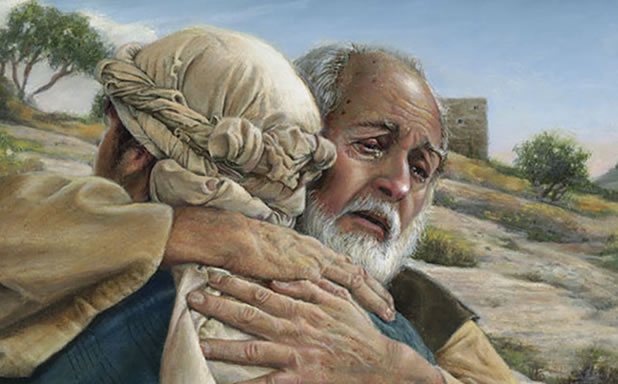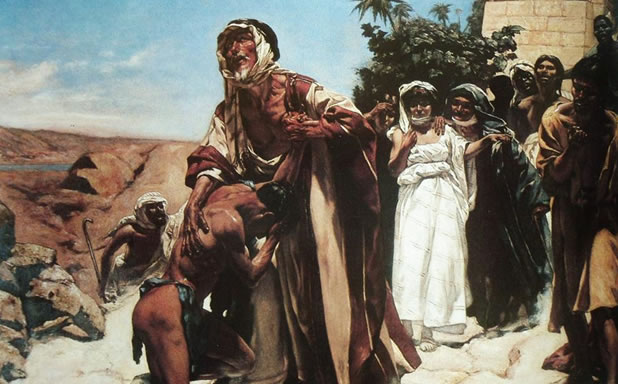Jul. 2004 Proverb: “The person who tends to ingratiate himself to his father without involving others never inherits the father’s property.” – Gusii (Kenya)
Modera i’se mono tanakomora mwando. (Gusii)
Anayejiweka mstari wa mbele kumuhudumia babake hukosa urithi. (Swahili)
The person who tends to ingratiate himself to his father without involving others never inherits the father’s property. (English)

Gusii (Kenya) Proverb
Background, Explanation, Meaning and Everyday Use
The explanation is that omwando is the property that one inherits from his father on behalf of those who may be present, and those to be born. So to be omonyamwando means one becomes a custodian or a trustee of his father’s property for the good use of all in the family who may be present and those to be born.
The usage is that there were those in the family who deceived their father by struggling to show love through material offers as one way of claiming the will of their father. The proverb was used to warn such people in the families that it is not only material offers that will enable them to claim the will (the father’s property), but also the will of the “soul” that is of more value than the material offer. Such people were considered to be corrupting and scandalizing the will of the father in the family for their self-gain, in isolating other members of the family as though the will is a personal property and not for all in the family. Such people ended up missing the will of their father, as they never made families having children. So to receive the will from the father and being called omonyamwando are those who include others in the family in sharing the father’s property
 Biblical Parallels
Biblical Parallels
Matthew: 7:21: “Not everyone who says to me ‘Lord, Lord’ shall enter the kingdom of heaven, but he who does the will of my father who is in heaven.” See also Matthew: 21:38: “But when the tenants saw the son, they said to themselves this is the heir come let us kill him and have the inheritance.” See also Mark 12:7.
Contemporary Use and Religious Application
The theme is Oyo nomoroberio nogochikwa ase abanyamwando (“the call and the invitation to those who will inherit the kingdom of God”). This Gusii Proverb is related to justice and peace in the church. The proverb was used to warn the first born children who never involved their younger siblings in the property of their father’s inheritance, but used the inheritance to oppress these younger ones. I compare this proverb to justice in the church in that the success for the mission of the evangelization depends on how the bishops, priests and the religious involve the laity in the mission of evangelization as stakeholders of the mission.
NOTE: See the October, 1999 “African Proverb of the Month” as well as page 64 of Nyakundi, Evans K. Which Way to Evangelization in Africa? Gusii Proverbs with English Translations and Scriptural Parallels. Nairobi: Privately Duplicated, 2004. Found on this website at: http://www.afriprov.org/resources/bibliogr.htm
Mr. Evans K. Nyakundi
Hekima College Library
Nairobi, Kenya
Email: evansnyakundi@yahoo.com
